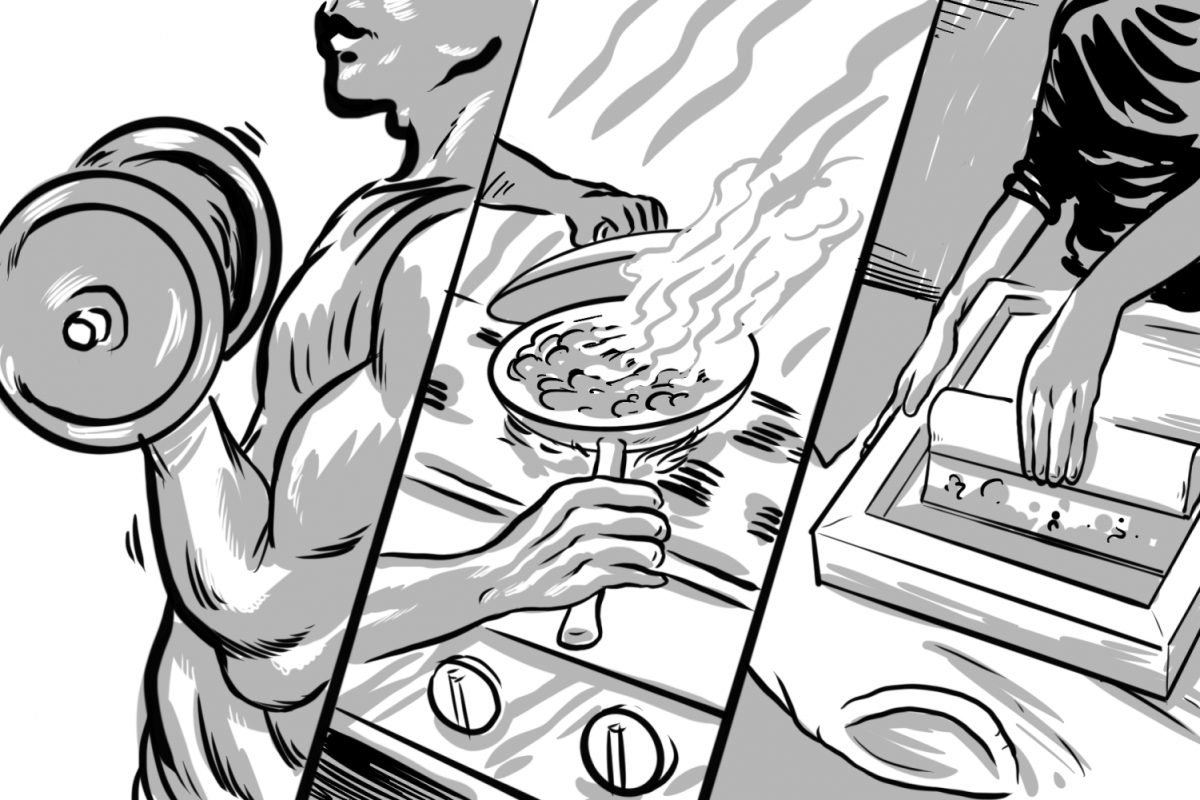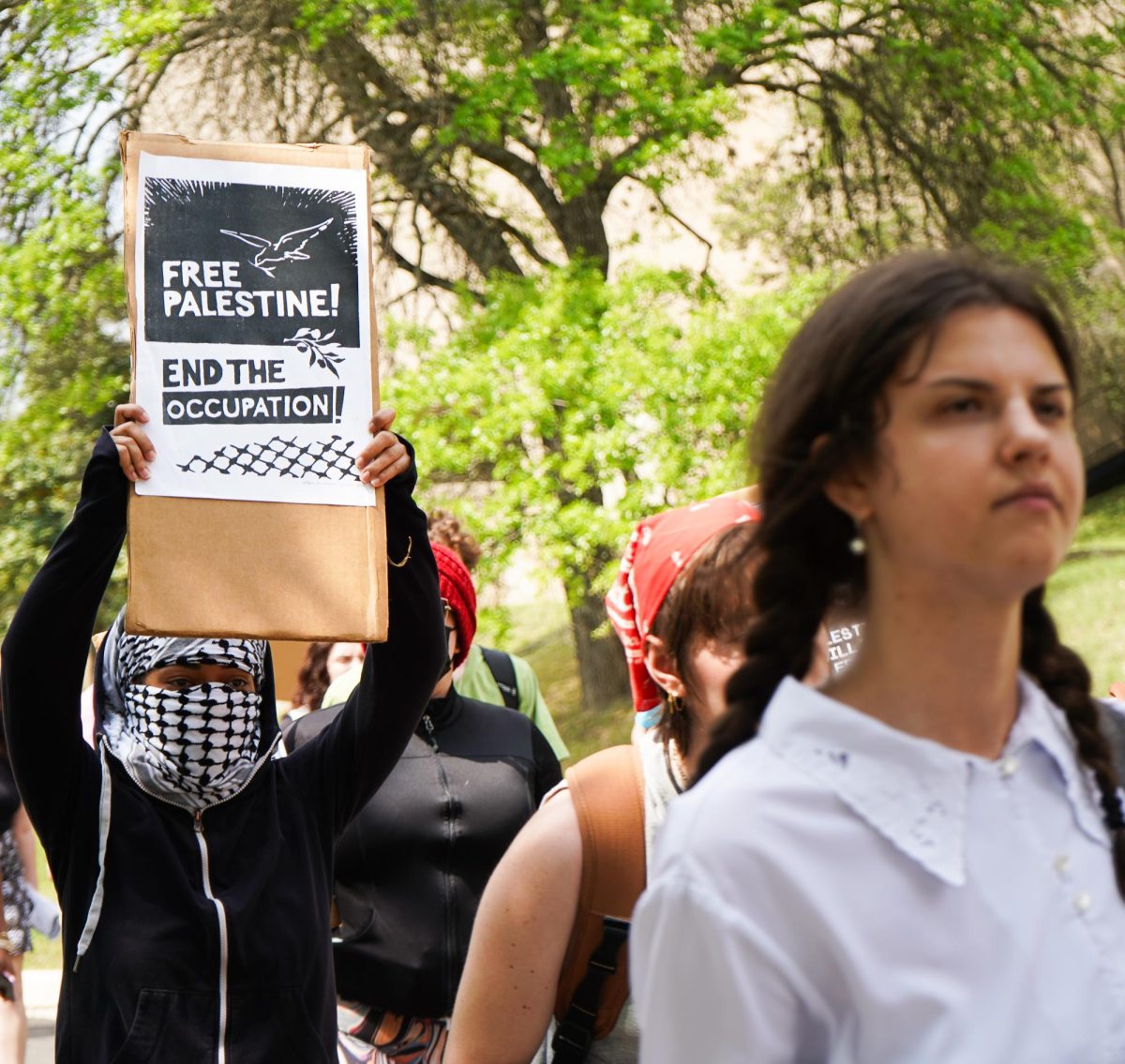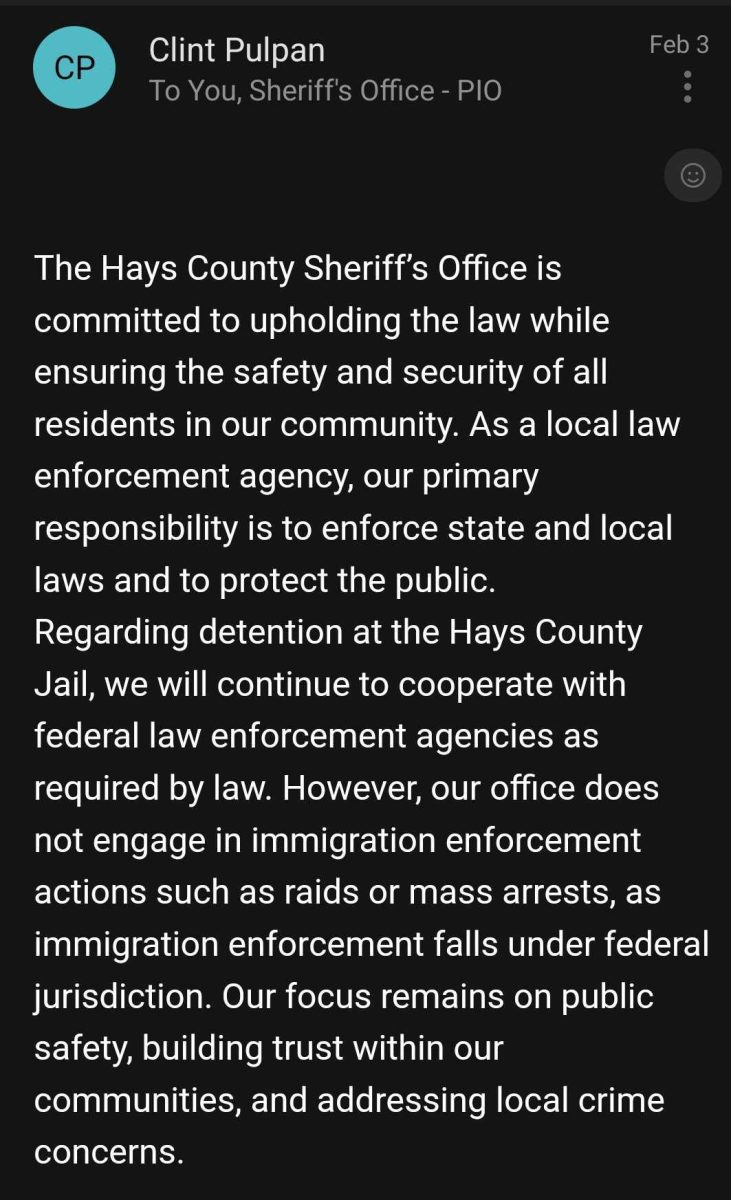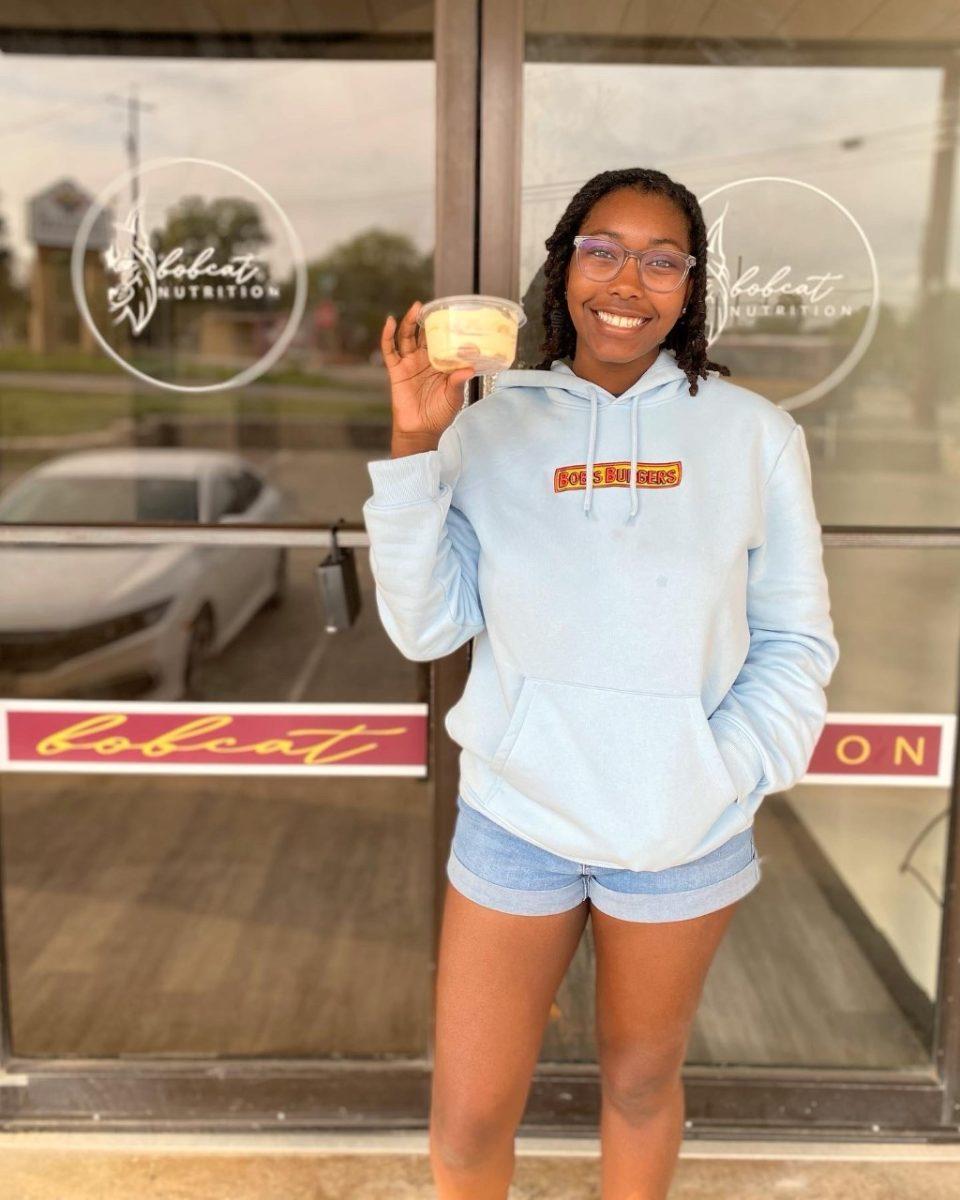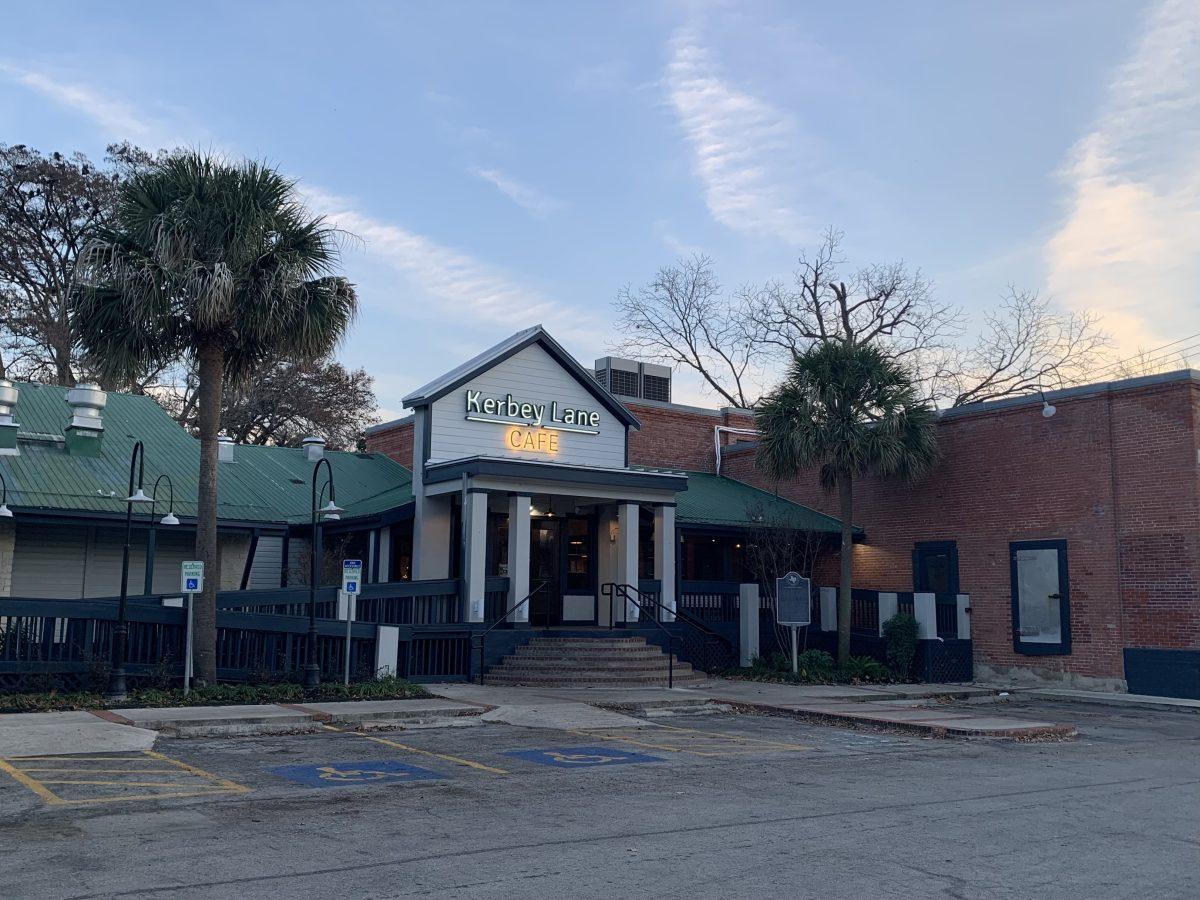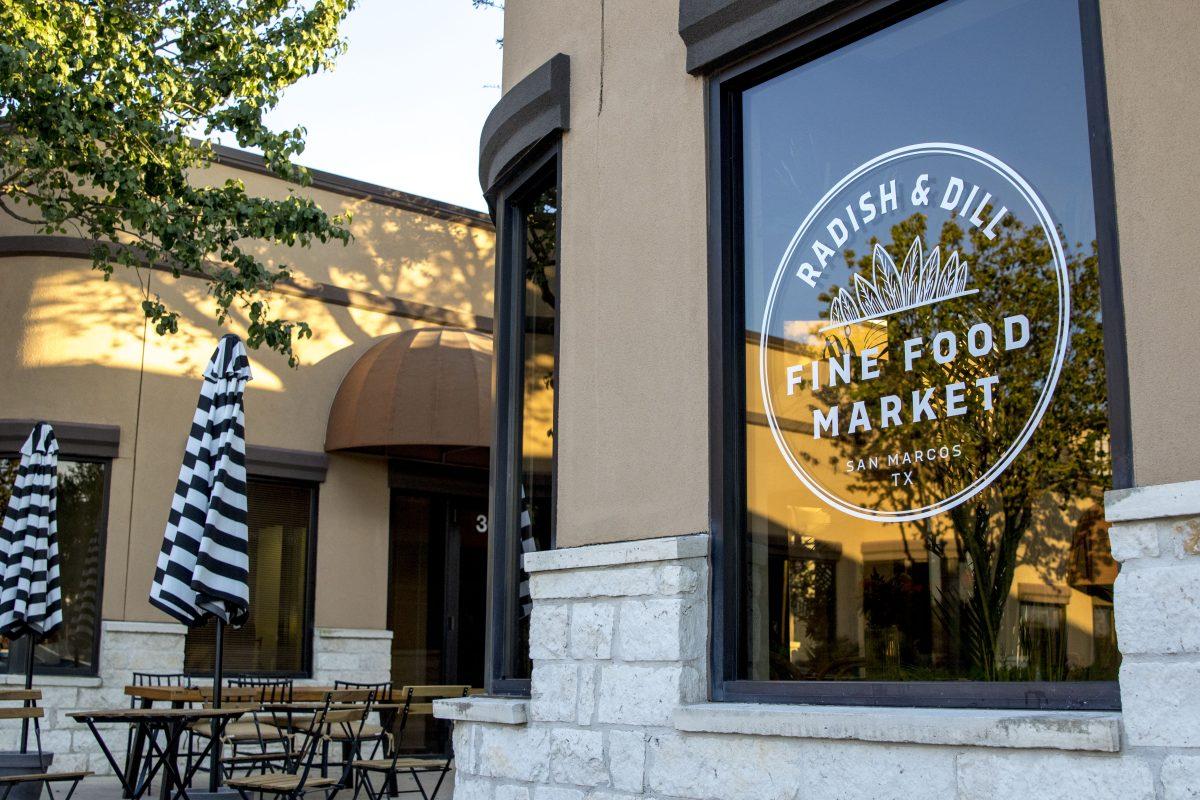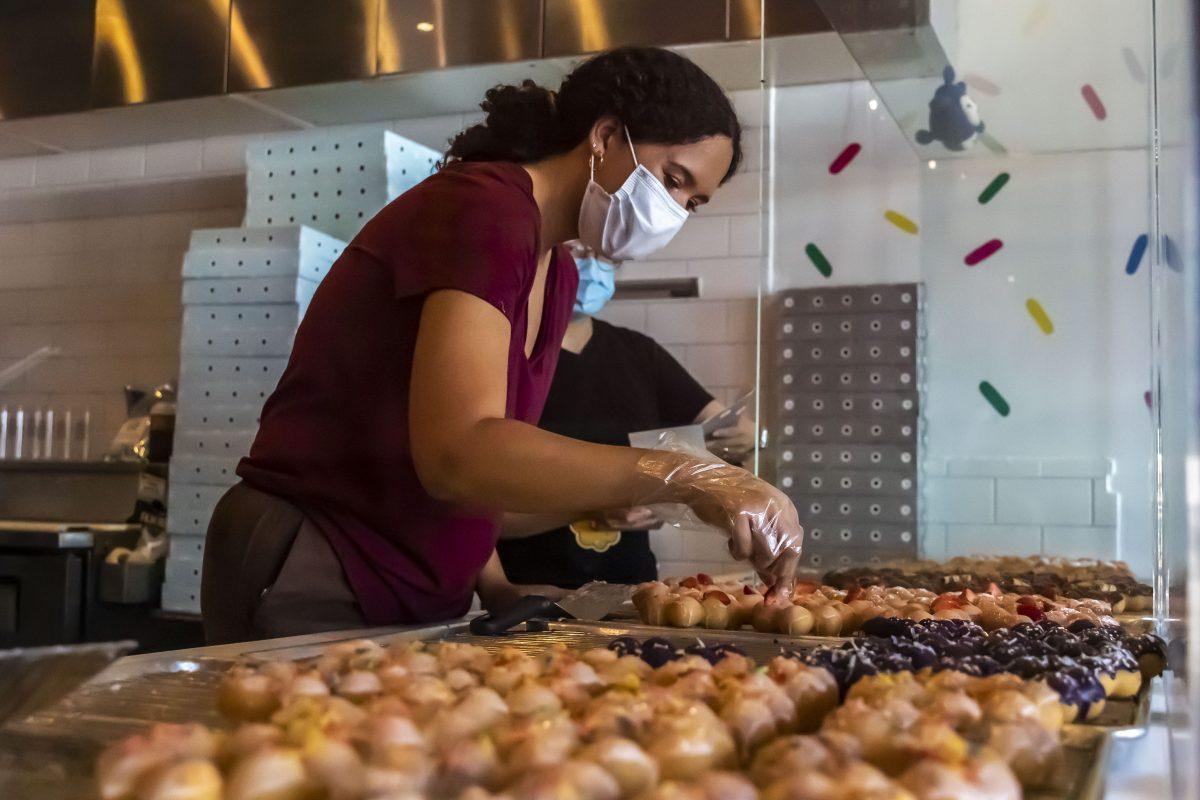After lists of local Black-owned businesses circulated on social media, Black business owners noticed an increase in sales. While owners appreciate the recent attention, they also wonder why it took a worldwide movement for equality and justice to buy Black—and whether the support will continue in the future.
After being featured on the list, Soulful Creations co-owners Ramika and Willie Adams saw sales triple at their southern soul food and barbecue food truck. The business had a line of people waiting for them when they opened back up after statewide COVID-19 orders lifted.
“It’s great,” Willie Adams said. “A lot of times, us Black businesses [are not] supported that way. To see us finally getting some kind of support like this, it’s very uplifting for us that we can keep moving forward.”
Ramika Adams said it is a blessing to have people travel from San Antonio, Austin and elsewhere to try their brisket, chicken and waffles, and seafood gumbo, among a full menu of options.
She finds herself wondering, though, why it took so long for people to start showing support in large numbers, considering she and her husband have been at Soulful Creations since January and selling food in the area for the past four years.
“I have mixed feelings [about the recent support], as a Black woman and as a Black business owner,” Ramika Adams said. “I don’t want to be the token negro. I want all of us to succeed; I want us all to support each other. I’m blessed in the sense that it’s happening, but I hate that it took all this for this to happen.”
This moment in the ongoing battle for racial equality feels different, Ramika explains, like there are clear skies and a “great morning” waiting on the other side of all the darkness.
“I just want people to remember what this is all about; it’s about equality,” Ramika Adams said. “Black lives matter, just like anybody else’s life. Not one’s more important. We want equality. We want financial equality, and we want systematic equality. That’s it.”
The call for equality and local business support is echoed by Muhammad Weusi, CEO and owner of STR8 Training, a boutique gym in San Marcos. Growing up half-Black in a small Texas town, Weusi never felt like he fully fit in anywhere, often facing discrimination for his name and “not being Black enough”.
He is hesitant to associate himself with the Black Lives Matter movement and the list of Black-owned businesses, explaining that he wants to be known first and foremost as a business owner and not just a Black business owner. He feels his voice gets lost in the emotions of the movement and believes the key to achieving unity is to focus efforts on oneself rather than society as a whole.
“I want to be more inclusive to everyone,” Weusi said. “We’re all different in so many different ways. We get discriminated against in all different types of ways. I feel like the number one thing we need to do is come together as a human species.”
Weusi credits his business’ success to the personal revolutions he has guided his clients through over the past decade and connections he has established throughout the community—not the list.
He said he plans to take all that he has learned through his business and provide young people with the knowledge to succeed. He sees that type of leadership as the number one thing society needs during difficult times like these.
“We need people like myself and other business owners to step up and to try and start to control this conversation and get things moving in the right direction,” Weusi said.
Zakiya Gentry is also a living testament to the power of personal revolution. The founder of Zeal by Zakiya, a faith-based boutique, toyed with the idea of opening her own business for years but could never find the courage to actually do it. Then, a diagnosis of multiple sclerosis (MS) opened her eyes to how important it is for one to live her, his or their life to the fullest.
“I told myself that life is short and you’ve got to just go for it,” Gentry said. “Whether you succeed or whether you fail, at least you know that you went for it. I didn’t want any regrets. I wanted to show my children, hey, go for it no matter what.”
Gentry started selling brightly colored Christian-themed shirts online in June and has seen an uptick in interest since being highlighted as a Black-owned business; however, she too admits she has mixed emotions about it.
“It’s definitely a hard situation. I don’t really want to be seen as ‘oh, she’s successful because she’s Black and we want to support a Black-owned business.’ I want to be successful because of my message that I am trying to get across about the love of God,” Gentry said. “I am definitely thankful for the people that have supported me. We just have to be thankful for the blessings that God has given us.”
Although Black business owners of the community share mixed feelings, there is another force uniting them—hope. They hope that recent support and the hardships they have already experienced places them in positions to experience long-term success.
“There’s always light in the dark,” Willie Adams said. “The dark never wins.”
Black business owners are calling on their community to sustain recent support. For more information on how to do this, visit the Facebook pages of Soulful Creations, STR8 Training and Zeal by Zakiya.
Categories:
Increased local support leaves Black business owners grateful and uncertain
July 6, 2020
Owners of STR8 Training, Soulful Creations and Zeal by Zakiya notice an increase in sales after lists of local Black businesses circulate on social media in light of the Black Lives Matter movement. While owners are grateful for the recent support, they wonder why it has taken a worldwide movement for the community to buy Black. Photo credit: Jacob Hernandez
0
Donate to The University Star
Your donation will support the student journalists of Texas State University. Your contribution will allow us to purchase equipment and cover our annual website hosting costs.
More to Discover



